About - Affiliates
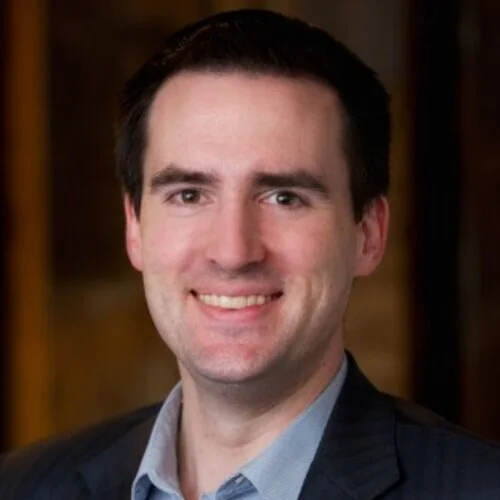
Michael Clemens
Michael Clemens is director of migration, displacement, and humanitarian policy and a senior fellow at the Center for Global Development, where he studies the economic effects and causes of migration around the world. He has published on migration, development, economic history, and impact evaluation, in peer-reviewed academic journals including the American Economic Review, and his research has been awarded the Royal Economic Society Prize. He also serves as a Research Fellow at the IZA Institute of Labor Economics in Bonn, Germany, and has served as an Associate Editor of the Journal of Population Economics and World Development. He is the author of the book The Walls of Nations (Columbia University Press). Previously, Clemens has been an Affiliated Associate Professor of Public Policy at Georgetown University, a visiting scholar at New York University, and a consultant for the World Bank, Bain & Co., the Environmental Defense Fund, and the United Nations Development Program. He received his PhD from the Department of Economics at Harvard University, specializing in economic development, public finance, and economic history.
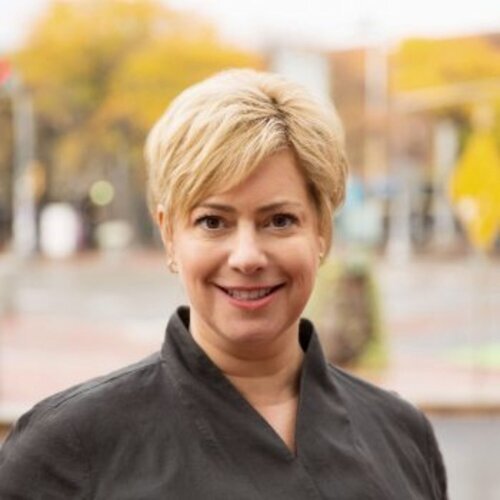
Daryl Collins
Daryl Collins is co-author of Portfolios of the Poor, the principal investigator of the South African Financial Diaries, and has led Financial Diaries studies in Mexico, Colombia, Kenya, India and the U.S. Previously Director at Bankable Frontier Associates, a niche consulting practice in Boston, she began her career as an emerging market economist at a New York investment bank before moving to South Africa in the late 1990’s, where she joined the faculty of the University of Cape Town, to pursue research on the financial behavior of the poor. She has published extensively on financial market behavior in developing countries. Daryl holds bachelors and masters degrees in economics from the London School of Economics, and a Ph.D. from New York University.
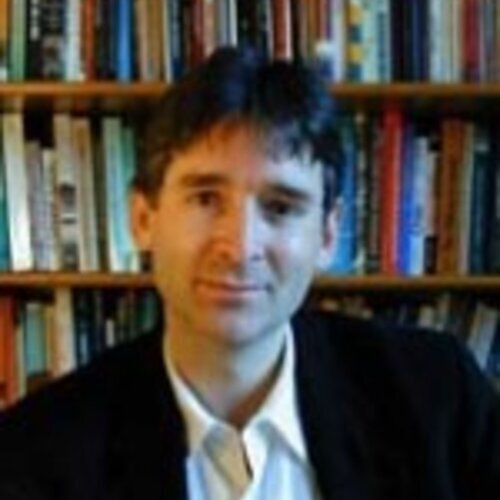
Jonathan Conning
Jonathan Conning is Associate Professor of Department of Economics at Hunter College and a member of the doctoral faculty at The Graduate Center of the City University of New York. His research has focused on the study of property rights, organizations and contracts in developing countries, emphasizing how asymmetric information, ownership inequality and costly contract enforcement problems interact to determine the nature of market and non-market resource allocation mechanisms in developing countries. His published work includes articles on financial intermediation, microfinance, social investment, land markets, the political economy of property rights reforms, and the design and evaluation of targeted poverty alleviation programs. Conning holds a PhD from Yale University and a BA from Swarthmore College, both in Economics.
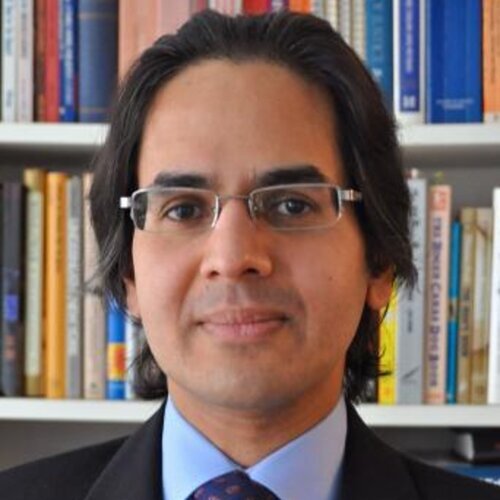
Rajeev Dehejia
Rajeev Dehejia is a Professor of Economics and Public Service at the Wagner Graduate School of Public Service at New York University, a Research Network Fellow at CESifo, a Research Fellow at IZA, Bonn, and a Faculty Research Fellow at the National Bureau of Economic Research. He received his Ph.D. from Harvard University in 1997. Previous and visiting appointments include Columbia, Harvard, Princeton, and the London School of Economics. He is a coeditor of The Journal of Human Resources, and an Associate Editor at The Journal of Business and Economic Statistics and The Journal of the American Statistical Association.His research interests include: econometrics (program evaluation, propensity score and matching methods, and Bayesian applied econometrics), development economics (child labor, microcredit, and financial development and growth), labor economics (financial incentives and fertility decisions), and public economics (religion and consumption insurance).
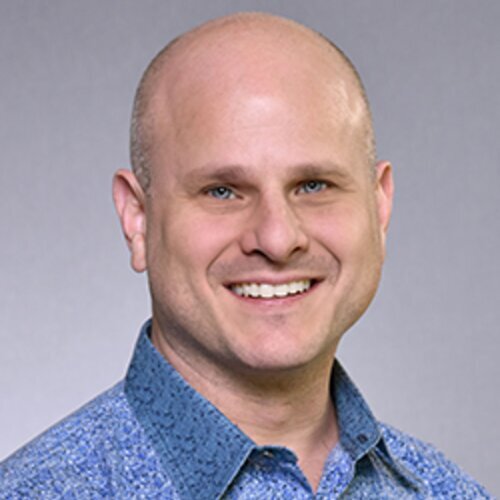
Dean Karlan
Dean Karlan is Professor of Economics and Finance, Kellogg School of Management, Northwestern University. He is co-Director of the Global Poverty Research Lab at Northwestern University, the Founder and President of Innovations for Poverty Action (IPA), as well as co-founder of FAI. Previously, he was Professor of Economics at Yale University. He began working in development as a practitioner, working for FINCA International from 1992 until 1995. He has consulted for the World Bank, the Asian Development Bank, FINCA International and the Guatemalan government. He was on the CGAP Savings Working Group initiative in 2005. Karlan received a Ph.D. in Economics from M.I.T., an M.B.A. and an M.P.P. from the University of Chicago, and a B.A. in International Affairs from the University of Virginia.
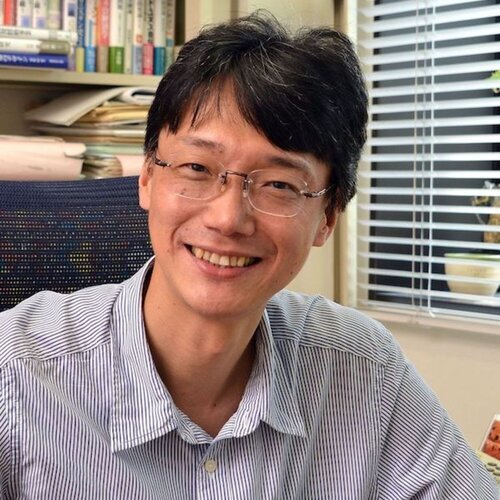
Takashi Kurosaki
Takashi Kurosaki is a Professor of Economics at the Institute of Economic Research (IER) at Hitotsubashi University, Tokyo, and research director of The Center for Economic Institutions (CEI). Kurosaki is interested in micro-econometric analysis of development issues in Asia, including poverty, inequality, and vulnerability. Recent research draws on field work in India, Pakistan, and Myanmar. Kurosaki received his Ph. D. from the Food Research Institute at Stanford University and has been a visiting fellow at Yale, Berkeley, and the Australian National University. His books include Risk and Household Behavior in Pakistan's Agriculture and Economic Analysis of Poverty and Vulnerability (in Japanese).
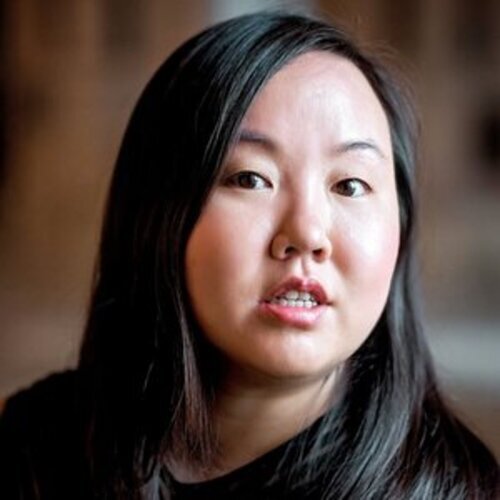
Jean Lee
Jean Lee is a Senior Economist with the World Bank in the Office of the Chief Economist for the South Asia Region. Her research interests include a broad set of topics and both experimental and nonexperimental work in development economics, and she is currently collaborating with FAI on research on migration and remittances in South Asia. Her work has been published in the American Law and Economics Review, the American Economic Review, the American Economic Review Papers and Proceedings issue, the Journal of International Trade and Economic Development and Health Economics and is forthcoming in the American Economic Journal: Applied Economics. She has a Ph.D. in economics from Harvard University and a bachelor's degree in physics both from Harvard University.
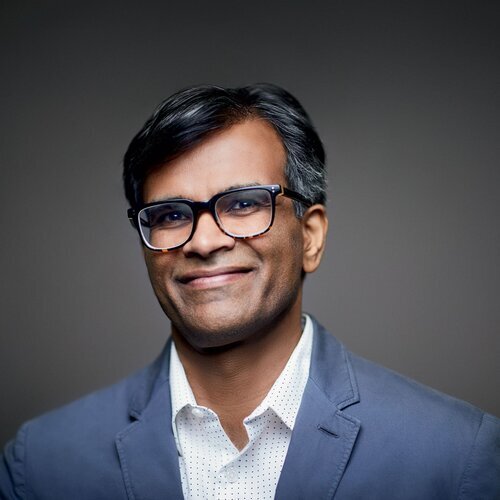
Sendhil Mullainathan
Sendhil Mullainathan is a Professor of Computation and Behavioral Science at the University of Chicago Booth School of Business. Previously, he was a Professor of Economics in the Faculty of Arts and Sciences at Harvard University. He is a co-founder of FAI, ideas42, and J-PAL. His current research uses machine learning to understand complex problems in human behavior, social policy, and especially medicine, where computational techniques have the potential to uncover biomedical insights from large-scale health data. In past work he has combined insights from economics and behavioral science with causal inference tools—lab, field, and natural experiments—to study social problems such as discrimination and poverty. Much of his work involves rethinking financial economics, in particular by using insights from psychology to explain a range of financial puzzles. Mullainathan is a recipient of the MacArthur “Genius Grant,” has been designated a “Young Global Leader” by the World Economic Forum, and was labeled a “Top 100 Thinker” by Foreign Policy Magazine. He received his B.A. in Computer Science, Mathematics, and Economics from Cornell and his Ph.D. in Economics from Harvard.

Stuart Rutherford
Stuart Rutherford is a researcher, writer, practitioner and teacher of microfinance. His research has focused on how poor people manage their money. This interest is reflected in his books The Poor and Their Money (2000, revised 2009), Portfolios of the Poor (2009), which he co-authored, and The Pledge (2009). As a practitioner Rutherford has tried to put into practice some of the ideas in his written work. In Bangladesh in 1996 he set up SafeSave, the world’s first microfinance organisation aimed at helping poor people with basic money management. Rutherford is an Associate at the Brooks World Poverty Institute at the University of Manchester, UK. He was born in London and educated at Cambridge University and at the Architectural Association School of Architecture in London, but has lived most of his life abroad, including sixteen years in Bangladesh. He is currently based in Japan where his wife teaches in a development institute.
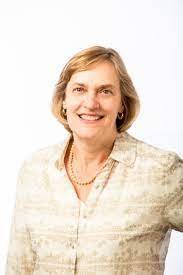
Elisabeth Rhyne

Daniel Rozas
Microfinance consultant and Senior Microfinance Expert at e-MFP, Daniel Rozas takes a broad view of financial inclusion, exploring issues such as savings, housing finance, client protection and social responsibility, risk management, client behavior, and many others, relying on a background in finance and business strategy to guide his research. In addition to his partnership with Financial Access Initiative, during the past two years of consulting in the microfinance sector, Daniel has conducted research projects for a number of organizations, including CGAP, Accion's Center for Financial Inclusion, the Smart Campaign, MicroRate, and others. Prior to entering the microfinance sector, Daniel spent most of the past decade in the US mortgage finance industry.


